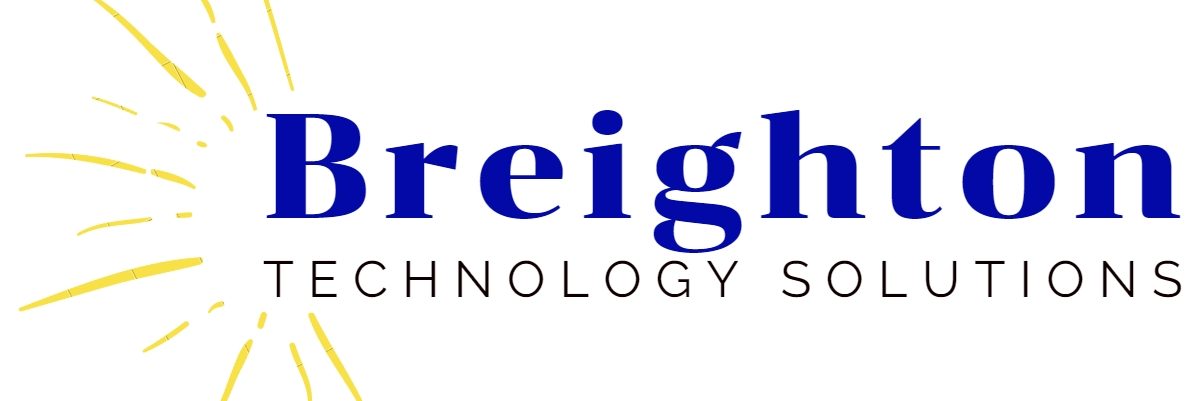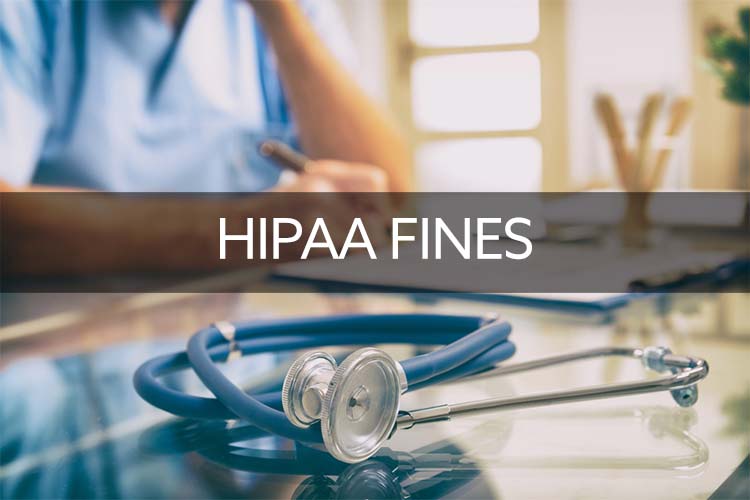Strategies for Avoiding HIPAA Fines
In the rapidly evolving landscape of healthcare, maintaining compliance with the Health Insurance Portability and Accountability Act (HIPAA) is not just a legal obligation but a crucial element of patient trust and practice integrity. The stakes are high, as non-compliance can result in severe HIPAA fines that cripple a medical practice’s finances and reputation. To navigate this complex regulatory environment, healthcare providers must implement robust data security strategies designed to safeguard patient confidentiality and uphold HIPAA compliance. From comprehensive HIPAA training programs to advanced encryption technology, there are essential measures every medical practice must adopt to protect sensitive information. This post will guide you through the top strategies necessary to bulletproof your practice against potential violations, ensuring you remain a trusted partner in patient care.
Essential Data Security Strategies
Implementing robust data security strategies is crucial for healthcare providers to maintain HIPAA compliance and protect patient information. This section explores key approaches to safeguarding sensitive data and preventing breaches.
Robust HIPAA Training Programs
Comprehensive HIPAA training programs are the foundation of a secure medical practice. These programs ensure that all staff members understand their responsibilities in protecting patient confidentiality.
Effective training should cover the basics of HIPAA regulations, including the Privacy Rule and Security Rule. It’s essential to tailor the content to different roles within the organization, addressing specific scenarios each team might encounter.
Regular refresher courses keep staff up-to-date with evolving regulations and best practices. Interactive elements, such as role-playing exercises and quizzes, can enhance engagement and retention of critical information.
Tracking completion and comprehension of training modules is crucial. This documentation can serve as evidence of due diligence in case of an audit or breach investigation.
Conducting Regular Risk Assessments
Risk assessments are vital for identifying vulnerabilities in your medical practice’s data security infrastructure. These evaluations help prioritize areas that require immediate attention and improvement.
A comprehensive risk assessment should examine both technical and non-technical aspects of your practice. This includes evaluating physical security measures, electronic health record (EHR) systems, and staff procedures for handling patient information.
Regular assessments, ideally conducted annually or after significant changes to your IT infrastructure, ensure ongoing compliance. They also demonstrate a proactive approach to HIPAA regulations.
Utilizing third-party experts for risk assessments can provide an unbiased perspective and identify blind spots in your security measures. Their expertise can be invaluable in developing a robust security strategy.
Avoiding HIPAA Fines – Handling Breaches Effectively
Despite best efforts, breaches can occur. Having a well-defined breach response plan is crucial for minimizing damage and maintaining HIPAA compliance.
Key components of an effective breach response plan include:
- Immediate containment of the breach to prevent further data loss
- Prompt notification of affected parties as required by HIPAA regulations
- Thorough investigation to determine the cause and extent of the breach
- Implementation of corrective measures to prevent similar incidents
Regularly testing and updating your breach response plan ensures your team is prepared to act swiftly and effectively when needed. This preparedness can significantly reduce the potential for HIPAA fines and reputational damage.
Advanced Technology Implementations
Leveraging cutting-edge technology is essential for maintaining robust data security in healthcare. This section explores key technological solutions that can enhance HIPAA compliance and protect patient information.
Investing in Encryption Technology
Encryption technology is a critical component of HIPAA-compliant data security. It ensures that even if unauthorized access occurs, the data remains unreadable and protected.
Implementing strong encryption for both data at rest and in transit is essential. This includes encrypting stored patient records, as well as securing data during transmission between devices or networks.
Advanced encryption methods, such as end-to-end encryption for messaging systems and virtual private networks (VPNs) for remote access, provide additional layers of security. These technologies are particularly important in today’s increasingly mobile healthcare environment.
Regular updates and audits of encryption protocols ensure they remain effective against evolving cyber threats. Staying informed about the latest encryption standards and implementing them promptly is crucial for maintaining robust data protection.
Maintaining Up-to-Date Compliance Documentation
Thorough and current documentation of compliance efforts is crucial for HIPAA adherence and can serve as a defense in case of an audit.
Key elements of compliance documentation include:
- Detailed records of risk assessments and mitigation efforts
- Logs of staff training completion and comprehension
- Incident reports and breach response actions
- Policies and procedures for data handling and security
Regularly reviewing and updating this documentation ensures it reflects current practices and regulations. This ongoing process demonstrates a commitment to compliance and can expedite audits or investigations.
Utilizing digital document management systems can streamline the process of maintaining and accessing compliance records. These systems can also enhance security by controlling access to sensitive documentation.
Fostering a Compliance Culture
Creating a culture of compliance within your healthcare organization is essential for long-term HIPAA adherence. This section explores strategies to embed compliance into your practice’s DNA.
Encouraging Ongoing HIPAA Education
Continuous education on HIPAA regulations and best practices is vital for maintaining a high level of compliance awareness among staff.
Implementing a variety of educational formats can cater to different learning styles:
- Regular email updates on HIPAA news and tips
- Monthly lunch-and-learn sessions focusing on specific compliance topics
- Interactive online modules for self-paced learning
- Annual compliance workshops or seminars
Encouraging staff to share their experiences and challenges related to HIPAA compliance can foster a collaborative learning environment. This open dialogue can lead to practical, real-world solutions to compliance issues.
Recognizing and rewarding staff members who demonstrate exceptional commitment to HIPAA compliance can reinforce its importance. This positive reinforcement helps integrate compliance into the daily operations of your practice.
Appointing a Dedicated Compliance Officer
A dedicated compliance officer serves as the cornerstone of a robust HIPAA compliance program. This role is crucial for overseeing all aspects of data security and regulatory adherence.
Key responsibilities of a compliance officer include:
- Developing and implementing comprehensive compliance policies
- Conducting regular internal audits and risk assessments
- Serving as a point of contact for staff questions and concerns
- Staying informed about regulatory changes and updating practices accordingly
The compliance officer should have direct access to leadership, ensuring that compliance issues receive appropriate attention and resources. This direct line of communication underscores the organization’s commitment to HIPAA compliance.
Regular reporting from the compliance officer to the leadership team helps maintain transparency and accountability. These reports should highlight successes, challenges, and areas for improvement in the organization’s compliance efforts.

